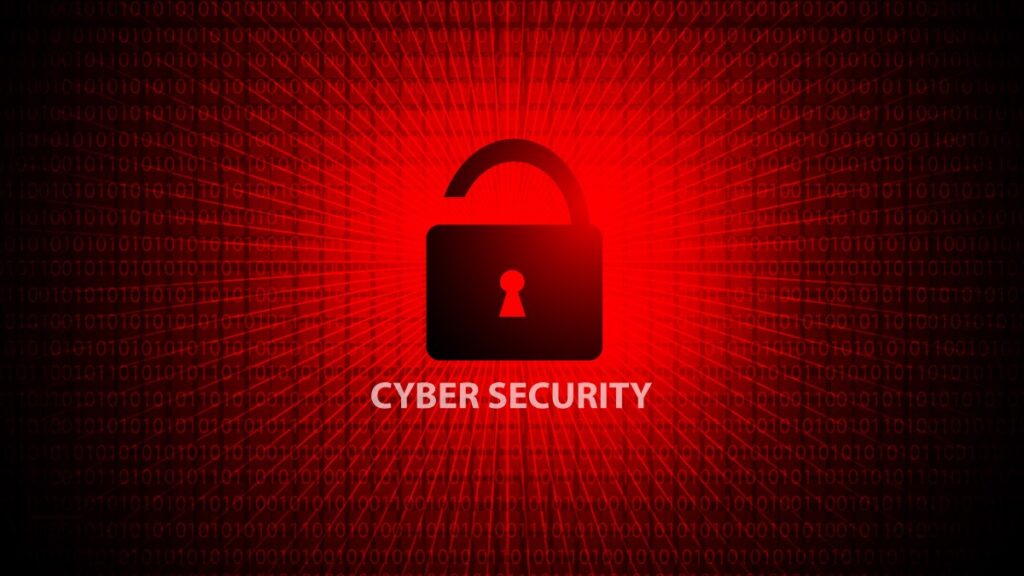TIVIT expert lists the problems and gives tips on how to combat them so that companies can thrive

Brazil is one of the countries most affected by cyberattacks. Among the various studies confirming this information is the most recent survey by CheckPoint Research, which indicates an average of 2,831 weekly cyberattacks per organization in the second quarter of 2025, an increase of 3% compared to the same period in 2024.
"The accelerated and widespread adoption of cloud computing and remote work have also fueled hacking attempts on personal devices and local networks used for home office connections," says Thiago Tanaka, Cybersecurity Director at TIVIT, a multinational company that connects technology for a better world. He believes it's important to remain alert to the concerns arising from accelerated digital transformation and the rise of cybercrime.
With this in mind, the expert spoke with the biggest players in the technology sector and listed five points for IT managers to keep an eye on:
Cloud cybersecurity management: Many managers believe they're ensuring the security of their infrastructure simply by migrating to the cloud—whether public, private, or hybrid—because they rely on services from major providers. However, in addition to potential failures that render access unavailable, there are several types of specialized cloud attacks that need to be mitigated.
One of the solutions is the “Cybersecurity Mesh”, a trend that represents the ultra-distribution and application of security controls, or "security mesh," where they are most needed. Previously, such security controls were implemented only at the organization's perimeter, through the use of firewalls, for example, but today, they require expansion due to remote workers with access to various cloud resources.
More attention and technology to handle data and privacy: With the General Data Protection Law (LGPD), privacy-enhancing computing techniques are already on the market to protect data while it is used for processing, sharing, international transfers, and secure data analysis, even in untrusted environments. The trend is for a task force of stakeholders to implement privacy from the initial design of solutions, in addition to collaborating on responsible data use.
IoT and OT – Evolution of attacks and defenses: The popularization of Internet of Things (IoT) devices was essential for the boom Denial of service attacks, known as DDoS, involve redirecting the simultaneous access of thousands of infected devices to the same address, rendering the website or service unavailable. Now, we're seeing a shift in the behavior of cybercriminals, who are invading devices to violate users' privacy, intercept data, and commit fraud. The evolution of connectivity, with the consolidation of 5G and the imminent arrival of 6G, will require monitoring defense levels against new attack modalities.
Data-driven and cyber decisions – AI to map and combat threats: Security investment is considered a priority by IT managers. Although most are aware of this, in practice, budgetary realities prevent investments that are more difficult to justify and don't yield immediate returns, such as cybersecurity. Therefore, data analysis gains importance by highlighting where, how, and how much should be invested, based on the history of attempts and types of threats, vulnerability points, and more. Artificial Intelligence is the greatest ally in the coming years in mapping the most critical points and developing the most efficient solutions.
Increase in Ransomware and Fileless Attacks: Data theft via malware continues to be a trend in 2025, and ransomware and fileless attacks, attacks that don't require malware file installation, have become the source of a data industry. Part of the money extorted by hackers is reinvested in intelligence and methodology to improve attacks, which are more frequent and elaborate. Therefore, there is a need for greater attention to the entire ecosystem's defense mechanism, from the manufacturer to the user, through infrastructure updates to expand monitoring.
According to Tanaka, "as we advance on certain issues in society, we need to prepare to also protect data and businesses. Investing in security is like taking out insurance; it doesn't bring immediate results, but it prevents much greater losses in disaster recovery."
With the advancement of technology, not only large companies, but also cybercriminals have advanced their attack and information theft methodologies. "If we can single out a time when investment in security is essential, it's now," he concludes.
About TIVIT
TIVIT is a multinational company that connects technology for a better world. Through its constantly evolving business lines, TIVIT supports companies with cloud solutions (public, hybrid, and private), enabling secure environments with cybersecurity capabilities, developing technologies focused on Artificial Intelligence, and offering services focused on automation and SaaS solutions. Through transformative digital projects, TIVIT impacts millions of people daily. TIVIT is an Almaviva Group company, which is part of a global ecosystem present in 21 countries, with over 45,000 professionals. For more information, visit www.tivit.com and follow us on LinkedIn and Instagram.

















